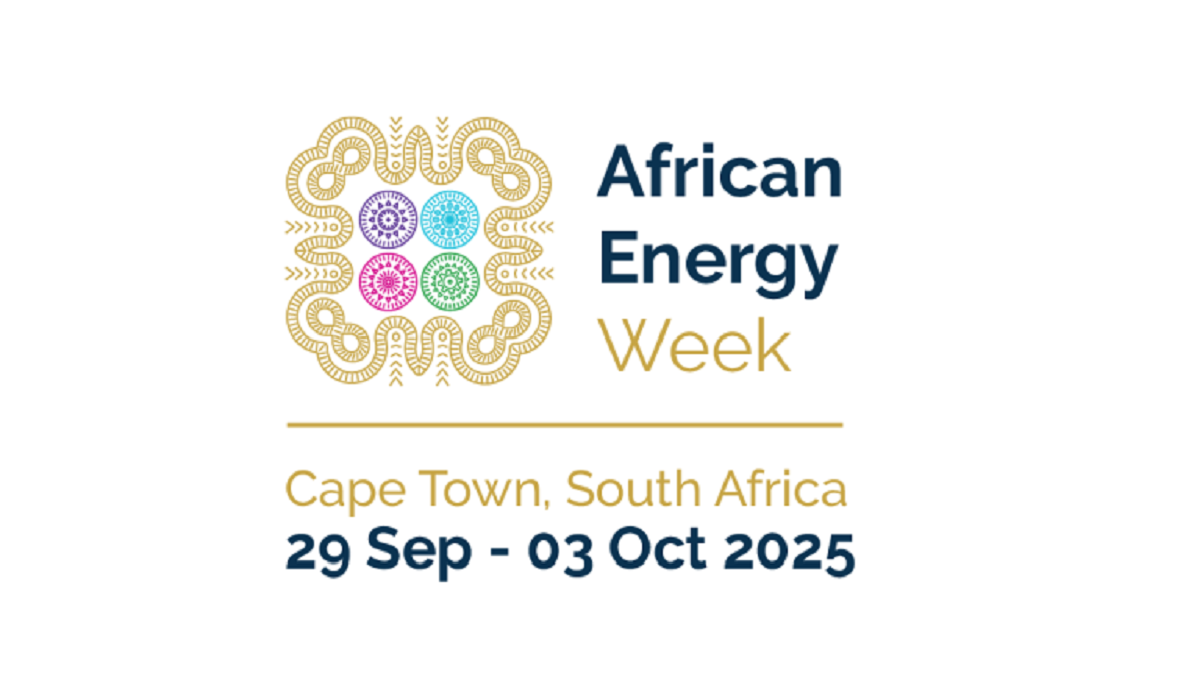CAPE TOWN, South Africa, February 18, 2025/APO Group/ –As Africa’s energy sector expands, the need for productive local content policies has become critical for local job creation and value retention. Such policies catalyze growth of nationally owned companies while creating revenue-generating opportunities for local service firms by strengthening their contribution to the industry.
African Energy Week: Invest in African Energies – taking place September 29 to October 3 in Cape Town – will show how well-crafted local content policies have the potential to stimulate local participation, job creation and value retention while standing to improve international partnerships that facilitate the transfer of knowledge, skills and technology. The event unites foreign operators and financiers with local companies, fostering a culture of collaboration across the oil, gas and broader energy industries.
Local Content Set to Maximize Resource Value
As Senegal and Mauritania prepare to solidify their position as a major hydrocarbons hub in West Africa – on the back of first LNG at the Greater Tortue Ahmeyim (GTA) project this month – the MSGBC region is well-positioned to leverage its extractive industries and enhance local content development. Senegal’s Local Content Development Fund and National Local Content Monitoring Committee are set to bolster local capacity for training and support for small- and medium-sized enterprises (SMEs), with the objective of achieving a 50% local content ratio by 2030.
To enhance local content amid the start of production at the GTA project, Mauritanian authorities are currently crafting a new local content law. As a partner on the GTA project, upstream oil company Kosmos Energy launched the Mauritania Innovation Challenge, which is designed to support entrepreneurs under the age of 40. Notable beneficiaries from the program include iMauritanie, which works to enhance public administration communication; Sekam, experts in non-GMO vegetable production; Ayadi Amila, which crafts accessories from recycled materials; and FASEI, which leads local salt processing.
On the back of robust local content policies, mature petroleum producers like Nigeria have seen an increase in local participation within the oil and gas industry. The Nigerian Oil and Gas Industry Content Development Act mandates the prioritization of Nigerian products, services and employment. Central to this effort is the Nigerian Content Development and Monitoring Board, which oversees the Act and fosters partnerships with industry and educational institutions, aiming to achieve a 70% local content target by 2027.
Towards Reducing Foreign Dependence
In a significant step for the industry, Namibia recently approved the National Upstream Local Content Policy. The policy is set to play a significant role in reducing the country’s dependence on foreign expertise by focusing on the development of local capacity. Aimed at strengthening economic sovereignty and empowering Namibians within the country’s hydrocarbons sector, the policy marks a turning point for the country as it sets its sights on achieving first oil production by 2029.
The National Upstream Local Content Policy showcases Namibia’s dedication to empowering local communities while maintaining a welcoming environment for foreign investment. The policy is designed to balance the interests of local stakeholders with the needs of international oil companies, a model that other African nations can look to replicate as they expand their own oil and gas exploration and production strategies.
Meanwhile, last October, Angolan service company Associação de Empresas Autóctones para a Indústria de Angola (ASSEA) launched an initiative to increase local capacity in the country’s oil and gas sector to 20%. The “Action for 20%” initiative serves as a strategy to direct foreign investment to focus on local content by integrating Angolan companies and developing human capital in the country. With an estimated 98% deficit in terms of local companies operating in the country’s oil and gas sector, improved capacity building is expected to result in oil and gas production stability while diminishing an over-reliance on the international community to retain production standards.
Ghana’s energy sector is also benefitting from robust local content initiatives driven by the country’s Petroleum Commission. Local Content and Local Participation Regulations mandate a minimum 10% equity for Ghanian companies in all projects and establish employment targets for nationals. Meanwhile, the Local Content Fund provides crucial financial support to enhance the competitiveness of local firms, while the Enterprise Development Center offers essential training, advisory services and market linkages to Ghanian SMEs in the sector.
Challenges and Opportunities
Local content policies address unique challenges in the African energy sector, including a capital-intensive financing model, a lack of modern technologies and a reliance on high-risk investments over long periods. Traditionally, the hydrocarbons sector in Africa tends to have a low level of local employment and a heavy reliance on imported goods and services. To counteract this, resolute local content policies ensure that African businesses and workers are fully integrated across all levels of the value chain, from exploration and production to service delivery and technology provision.
These policies also provide the opportunity to showcase a stable and transparent regulatory environment in the countries where they are implemented. By ensuring local content requirements are clear and enforceable, such policies are set to attract responsible investment while fostering an atmosphere of trust and cooperation.
